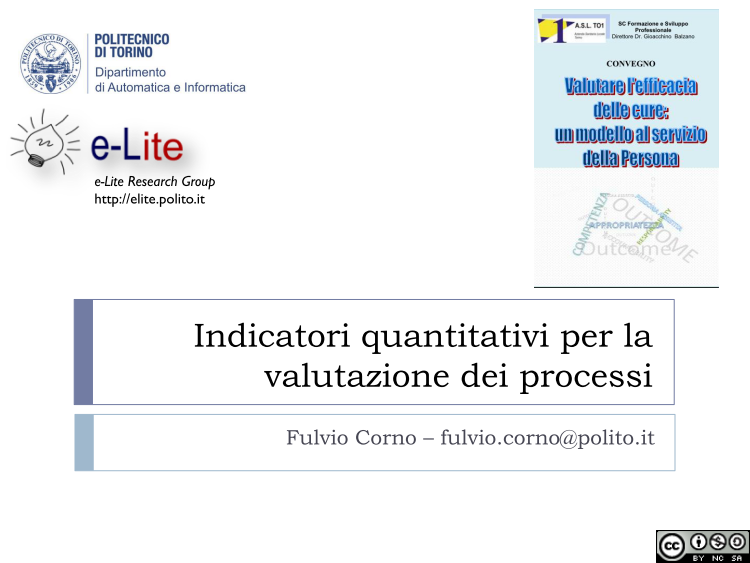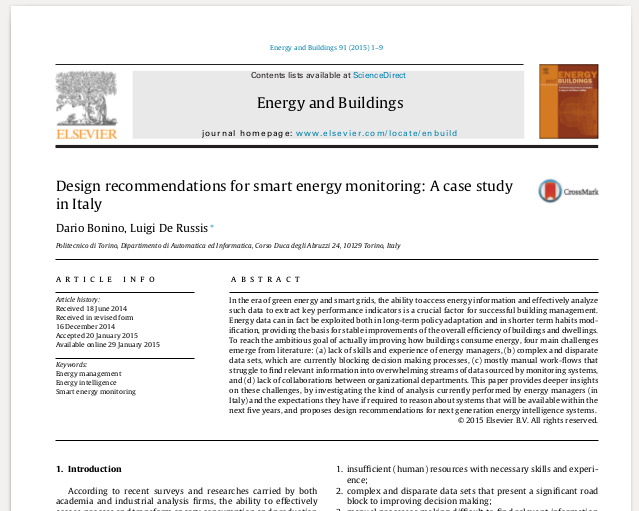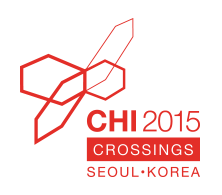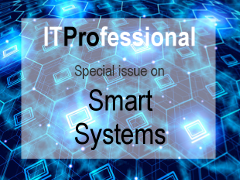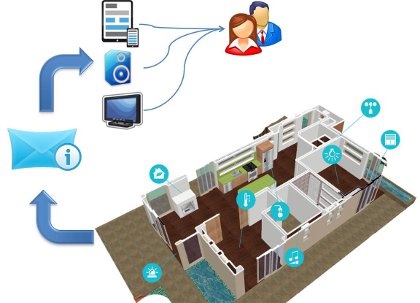- Details
Il giorno 27 marzo 2015, l'ASL TO1 ha promosso un convegno dal titolo "Valutare l'efficacia delle cure: un modello al servizio della Persona," nel quale si sono presentati i risultati di un progetto aziendale di valutazione degli outcome delle cure, che ha coinvolto numerose strutture ed in particolare il personale infermieristico ed ostetrico, e coordinato dalla struttura complessa "Formazione e Sviluppo Professionale".
Si tratta di un interessante percorso, attraverso il quale sperimentare ed integrare, sul piano clinico ed assistenziale, le metodologie di analisi e di gestione proprie dell'ingegneria gestionale: il personale sanitario ed assistenziale, infatti, è stato assistito nelle metodologie di raccolta e di analisi dei dati, e relativi strumenti informatici, da un gruppo di studenti tirocinandi di ingegneria gestionale.
In tale convegno, Fulvio Corno ha presentato l'intervento di apertura dal titolo "Indicatori quantitativi per la valutazione dei processi", nel quale, oltre alla definizione dei principali concetti relativi alla modellazione ed alla valutazione dei processi, sono stati condivisi i punti critici nell'applicazione pratica delle metodologie proposte.
Il convegno è risultato un ottimo spunto per evidenziare come le discipline ingegneristiche e quelle sanitarie forniscono eccellenti opportunità di integrazione e collaborazione, per il bene della salute e dei cittadini.
- Details
In the era of green energy and smart grids, the ability to access energy information and effectively analyze such data to extract key performance indicators is a crucial factor for successful building management. Energy data can in fact be exploited both in long-term policy adaptation and in shorter term habits modification, providing the basis for stable improvements of the overall efficiency of buildings and dwellings.
To reach the ambitious goal of actually improving how buildings consume energy, four main challenges emerge from literature: (a) lack of skills and experience of energy managers, (b) complex and disparate data sets, which are currently blocking decision making processes, (c) mostly manual work-flows that struggle to find relevant information into overwhelming streams of data sourced by monitoring systems, and (d) lack of collaborations between organizational departments.
The paper "Design Recommendations for Smart Energy Monitoring in Italy: a Case Study in Italy", recently published in the Energy and Buildings journal (Elsevier), provides deeper insights on these challenges, by investigating the kind of analysis currently performed by Italian energy managers and the expectations they have if required to reason about systems that will be available within the next five years, and proposes design recommendations for next generation energy intelligence systems.
- Details
This year, the e-Lite group will partecipate to the ACM Conference on Human Factors in Computing Systems (CHI), one of the most important and prestigious conference in the field of human-computer interaction. The 2015 edition will take place in Seoul, South Korea, from the 18th to the 23th of April.
Luigi De Russis and Sebastián Aced López will present two works-in-progress on different research areas carried on by the group:
- HomeRules: A Tangible End-User Programming Interface for Smart Homes continues the group efforts in the Ambient Intelligence/Smart Home area, by introducing a first version of a mobile interface for end-user personalization of smart devices and appliances;
- GNomon: Enabling Dynamic One-Switch Games for Children with Severe Motor Disabilities moves a step into the Accessible Game area, by presenting the preliminar work about GNomon, a framework that enables the creation of dynamic, entertaining and complex one switch video games for children with severe motor disabilities.
- Details
Smart systems can monitor, analyze, communicate, and act based on information captured from sensors. The convergence of recent advances in computational power, ubiquitous and reliable connectivity, embedded systems and devices, intelligent information management, and cloud technologies is breeding the creation of new types of smart systems. The intelligent capabilities of smart systems enable better user personalization, data processing and analytics, as well as new application domains.
A new call for a Special Issue on Smart Systems for the IEEE IT Professional magazine has been published.
You are welcome to submit a paper dealing with the several application areas covered by Smart Systems, and the related IT design and management methodologies.
- Details
We are in the process of revising the offers for M.S. thesis for the first semester of 2015. In the section Thesis you may find the latest offers from our research group. Some of the reported thesis may be available in collaboration with industries.
- Details
Smart Environments are filled with devices and sensors that need to communicate with users. Whether a thermostat feels an out-of-range temperature, or the dishwasher cycle just ended, whether the presence sensor detects someone in your house, or your pet feeder is empty, human users must be informed to decide about the best action to take. This may cause serious information overload, as a constant flow of notifications, replicated on all householders.
The thesis of Emanuele Furci, presented on December 2014, analyzed this problem and proposed an intelligent, context-aware, ontology-based system able to intercept and filter all kinds of notifications. Any notification will be delivered to the right user, with the right modality (audio, mobile, e-mail, TV, ...), depending on the imporance of the notificaiton, and on the current user context (working, at home, in a meeting, ...).


